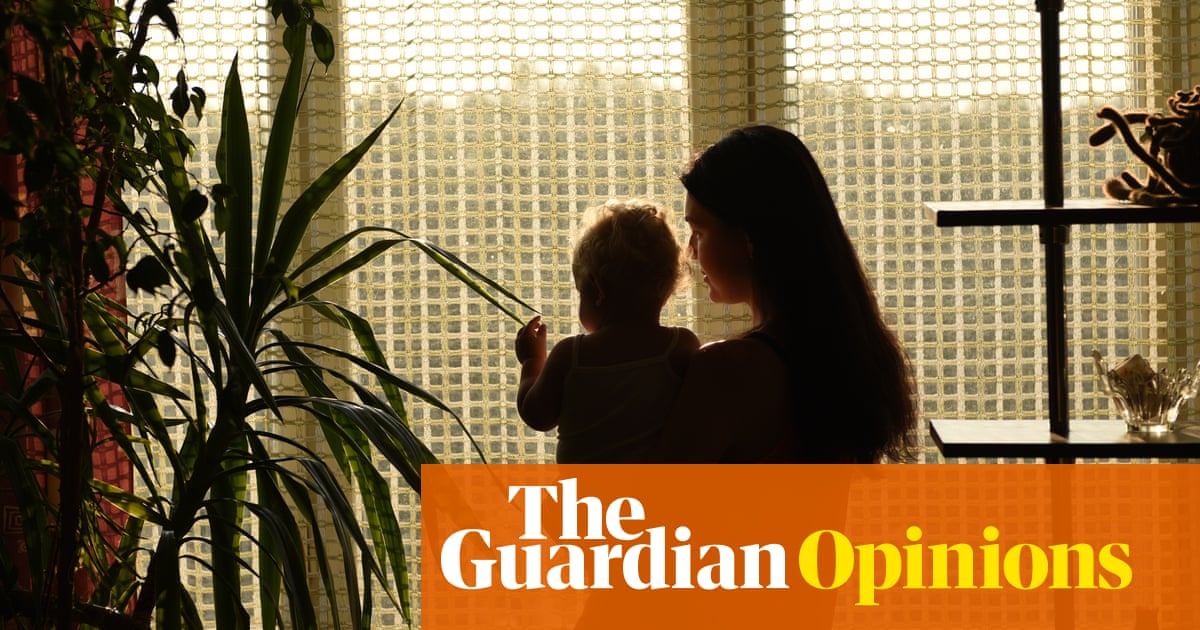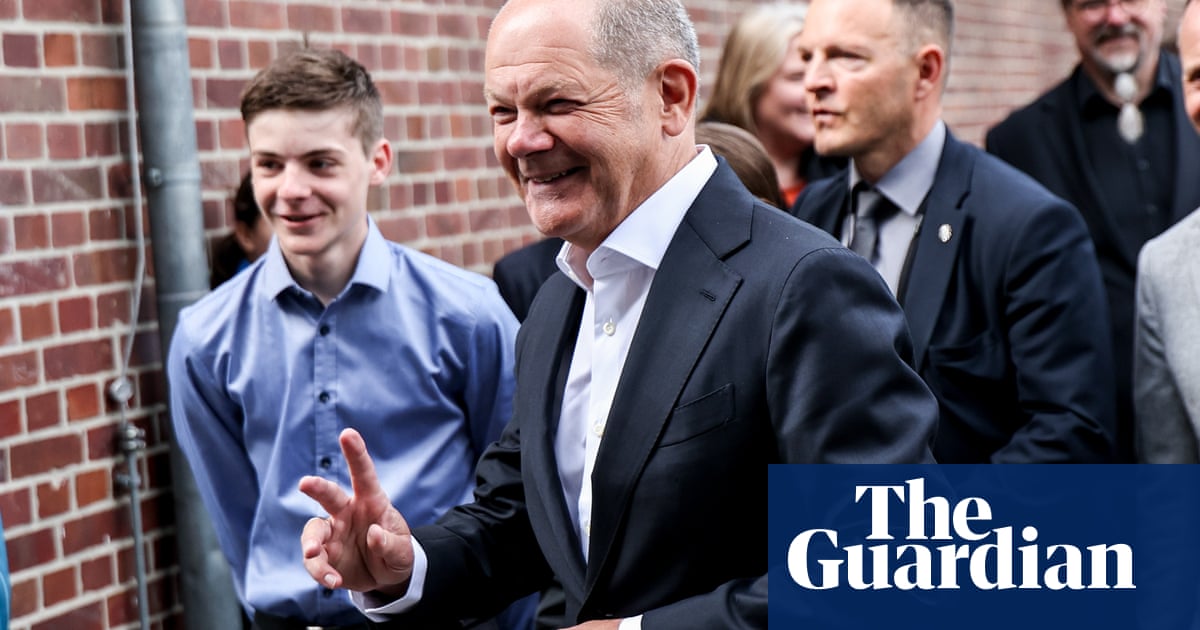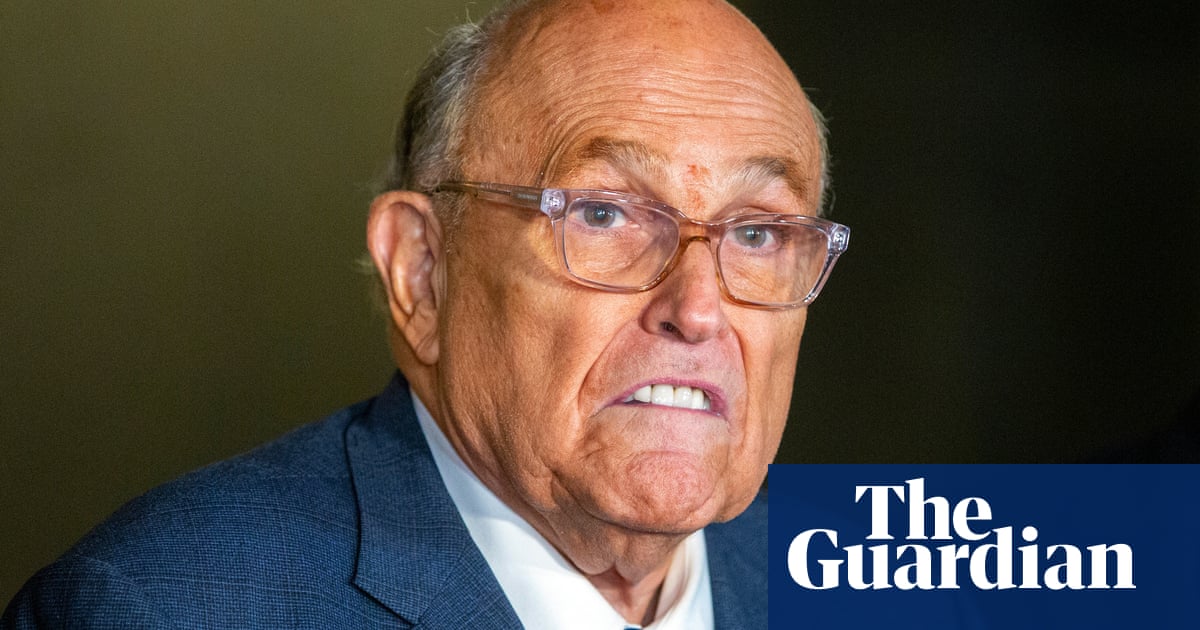It’s old news, but people are only just beginning to believe it.
Rupert Murdoch’s News Corporation has, for some time now, been impotent when it comes to affecting the outcomes of elections.
Once, it was widely accepted – though possibly never entirely true – that if a political leader did not have the blessing of Rupert Murdoch, then they could not win power.
That hasn’t been the case for at least 15 years, and yet we have not broken free from the fear, caution and intellectual paralysis that results from the belief.
At every state and federal election in Australia since 2010, the Murdoch press has supported the Coalition, and usually campaigned vigorously against Labor and other opponents. But look at the results in those contests. No discernible impact.
In 2022, as I wrote at the time, News Corporation tabloids went all out with copy that read like political advertising – in particular attacking Monique Ryan and other teal candidates. Yet look at the results. And again this time round, in the contest just ended.
Until recently, I have always moderated observations like these by saying that sheer vote-pulling power is not the only kind of media influence, and that the Murdoch organisation remained important because its outlets articulate, amplify and spur the thinking of the right. Thus, they help set the parameters of the public debate.
But I’m not sure even that is true any more.
Or it has become a negative force for conservatives – a distorting mirror. News Corporation is now damaging those who fly too close to its flame.
Commentators on all sides of politics are suggesting, in the wake of the election rout, that too much listening to and engagement with Sky News after dark, and the Sharri Marksons and Peta Credlins of the world, is a reason why the Liberal party is so manifestly out of touch with middle Australia.
There are lots of reasons for News Corporation’s declining power. Mostly, it is a part of the wider story of waning influence for mainstream media.
There is no longer any single media outlet that reaches deep into all the demographics political parties need to win power. Once, television news served that purpose.
But now there is no such thing as a mediatised national conversation. There are instead many conversations, on many mediums. To influence the population at large you need to access them all.
But the decline of News Corporation’s influence has some particular characteristics within this larger story. And for journalists who value objectivity, there are some confirming messages.
Only a decade ago, as the media went through agonies of declining profitability and audience, it was suggested that the way forward was to become increasingly opinionated.
That was wrong.
There is plenty of opinion around, of course, and always will be. But what people will pay for is reporting they trust and analysis written with integrity.
The Digital News Report from the University of Canberra is one of the most reliable barometers of media trends. It shows that over half of Australians access news more than once a day – reflecting quite high levels of interest in current affairs, including among young people. Increasing numbers get their news from social media.
Distrust in the news is rising, but in an important lesson for media companies trying to stay afloat, those who trust news are more likely to pay for it, and they also pay a higher price.
after newsletter promotion
Eighty-one percent of news consumers say high journalistic standards are important to their decision to trust the news.
So what media outlets do Australians trust? ABC and SBS come first – with SBS ahead of the ABC for the first time in the most recent survey. And, whatever their faults, journalists at the public broadcasters are constrained by strict expectations of objectivity.
Next in the trust ratings come the commercial television outlets and their online offerings and other newspaper outlets. And right down the bottom the News Corporation outlets News.com.au, Sky News, the Herald Sun and the Daily Telegraph.
Why would any political leader lavish attention there, yet alone describe the more trusted outlets as “hate media”? It’s just plain politically stupid.
Objectivity is not a mere professional fetish. It matters because it is essential to public trust. By all means media outlets can choose their topics, the areas to which they direct attention. But if the audience doesn’t trust them to reflect the world as it is, rather than as they might wish it to be, then journalism becomes little more than a vanity project.
But I want to take these points, which are being widely acknowledged in election result commentary, a step further.
Belief in the power of the Murdoch press has been a bit of an excuse for progressives, who have spent far too much time railing against its excesses.
The problem with always reacting to a perceived powerful foe is that you unwittingly become its shadow, or its reverse image – thus being moulded by it even in the act of opposing it. The media empires are dwindling and lazy thinking simply won’t do any more.
Many of Trump’s supporters like him precisely because people on the left – the dreaded “elites” – don’t like him. And getting at the left has become an end in itself – a culture war fought with the bitterness and passion of the disfranchised.
After the weekend’s election result, a failure in the powers of persuasion is not an accusation that can be credibly levelled against the Labor party. But I think it is true of the broader left movement – those who so often profess to be disappointed by Labor.
Identity politics, important in its way, has obscured too much of the politics of class, including economic and educational inequality.
So, for once and for all, let’s accept that News Corporation will do what it does. If there are facts and arguments, think about them. If not – don’t waste your time.
Sharri Markson backs Dutton? Andrew Bolt reckons the voters got it wrong? Peta Credlin thinks there should be more, not less, culture war?
These are non-stories. The effusions of vanity projects. Let’s not mention them again.
Instead there is harder work to be done – to write our own agenda, to engage with the world as it is – not with Murdoch’s shadow.

 4 hours ago
3
4 hours ago
3













































